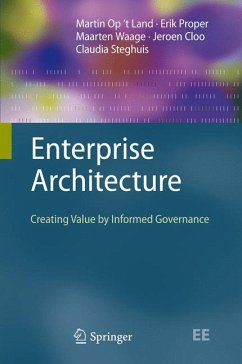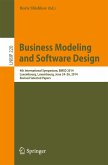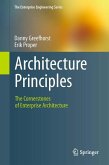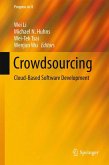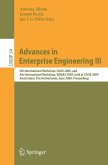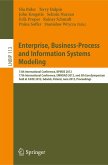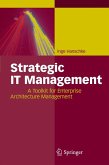With this book, the authors aim to provide an overview of enterprise architecture including the process of creating, applying and maintaining it, thus taking into account the perspectives of CxOs, business managers, enterprise architects, solution architects, designers and engineers. They explore the results that are produced as part of an enterprise architecture, the process by which these are produced, and the role the architect plays in this process. As such, they do not describe a specific method for developing an enterprise (IT) architecture, nor do they define a specific modeling language for enterprise architecture, rather they offer the reader a fundamental way of thinking about enterprise architecture, which will enable him to select and apply the right approach, architecture framework and tools that meet the objective and context of the architecture work at hand. This approach is emphasized by discussion statements at the end of each chapter, sparking thoughts about benefits, shortcomings, and future research directions.
Covering both theoretical foundations and practical use, and written in close collaboration between industry professionals and academic lecturers, Enterprise Architecture thus offers an ideal introduction for students in areas like business information systems or management science, as well as guidance and background for professionals seeking a more thorough understanding of their field of work.
Dieser Download kann aus rechtlichen Gründen nur mit Rechnungsadresse in A, B, BG, CY, CZ, D, DK, EW, E, FIN, F, GR, HR, H, IRL, I, LT, L, LR, M, NL, PL, P, R, S, SLO, SK ausgeliefert werden.

